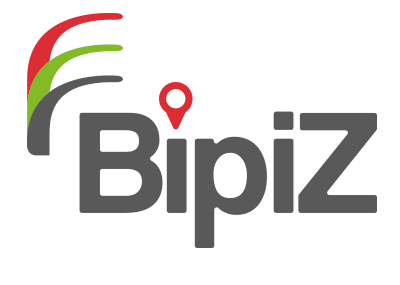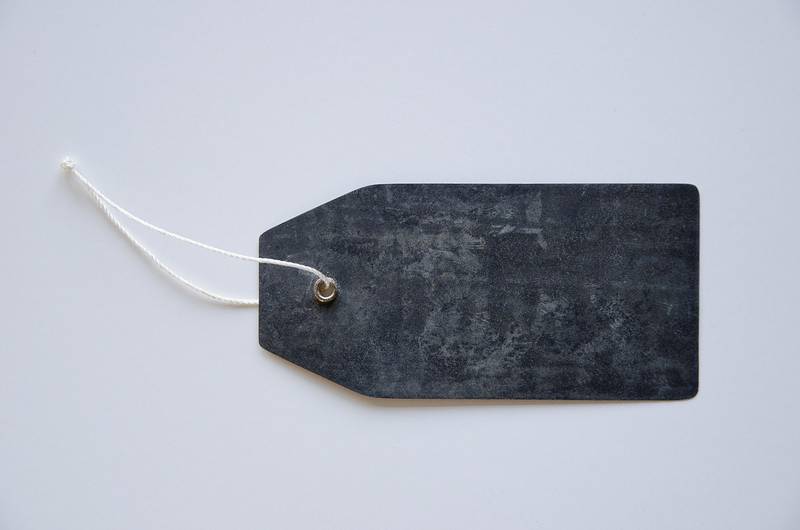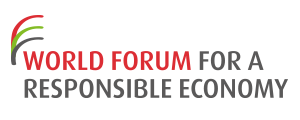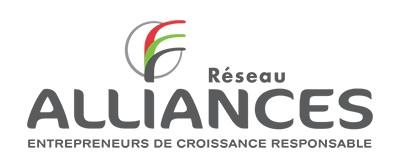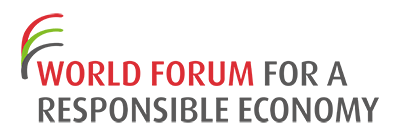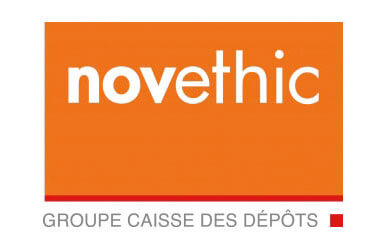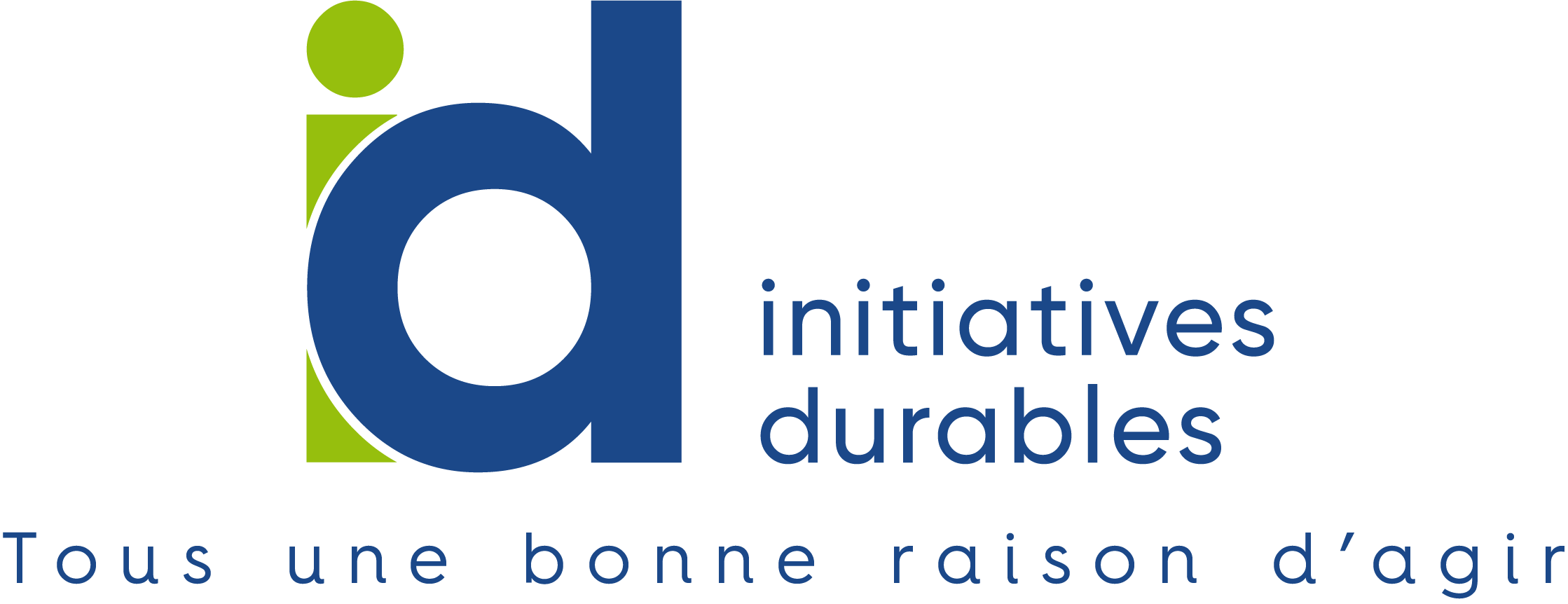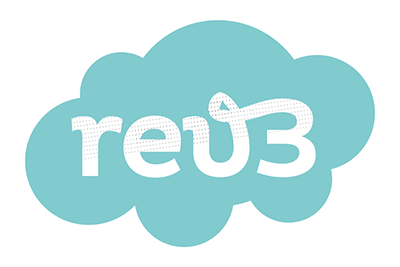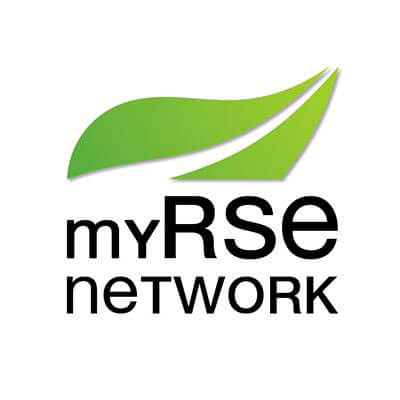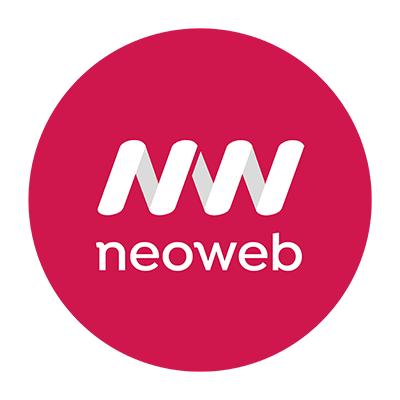Décathlon is an international company founded in 1976. It designs and markets sports articles in its 1,667 shops in 59 countries.
In a transparent approach, Décathlon commits the entire chain to a more sustainable production and consumption process. In collaboration with its employees and financial partners, the company has therefore launched various initiatives, such as environmental signage.
